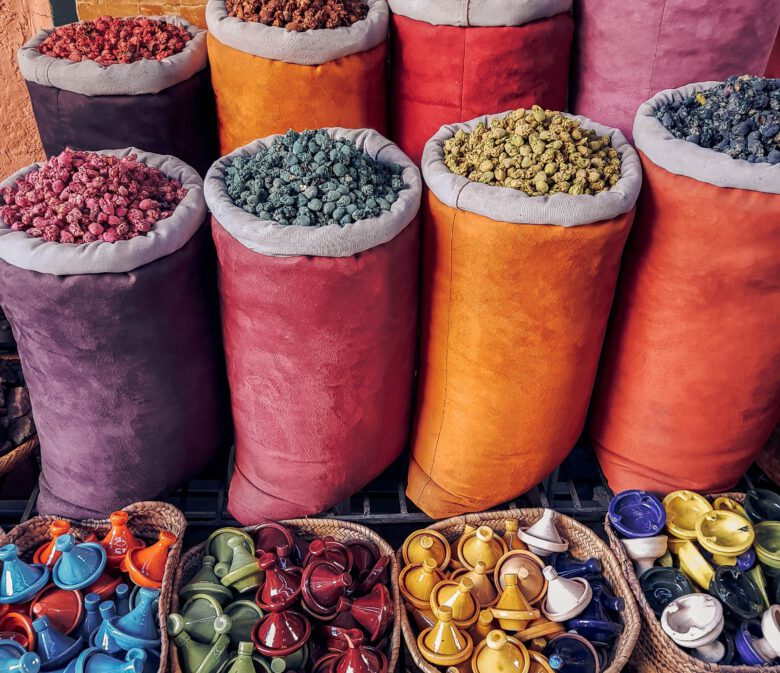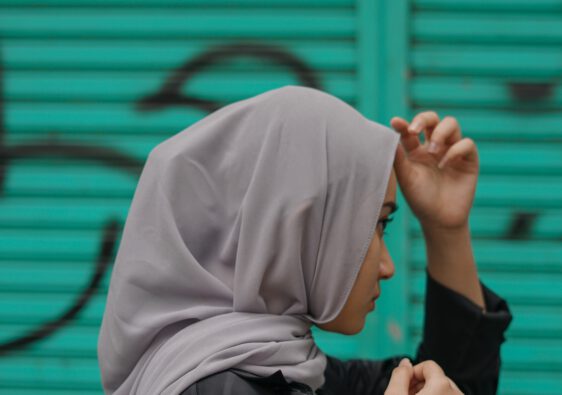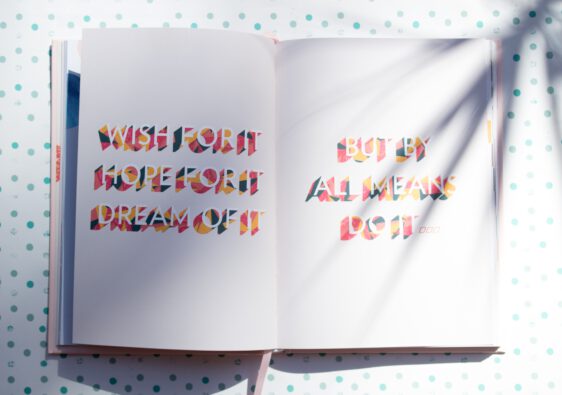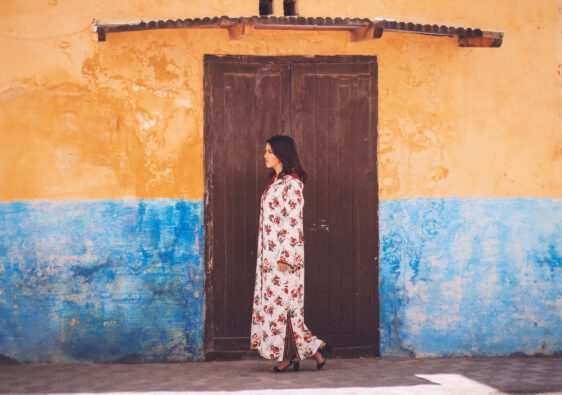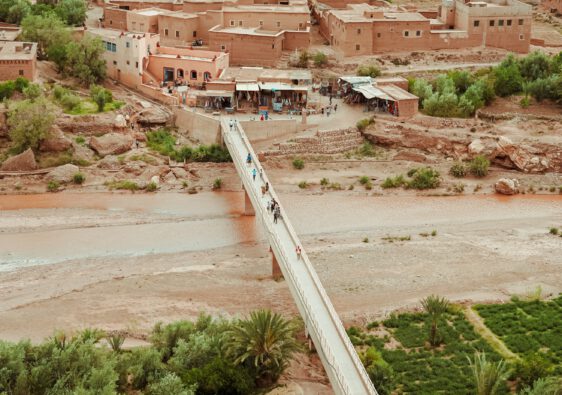… Tiwliwla
What about Darija?
What is Darija?
It is a dialect of Arabic spoken in Morocco. It is part of the Maghrebi Arabic dialect continuum. It is a mix of Tamazight, Arabic, French, Spanish …
… and it is my mother tongue (or native language if you don’t like the word Mother Tongue)
Storytime
Let me tell you about something that happens to me very often.
So for those who don’t know me, my name is Hind. I am Moroccan/German. I was born and raised in Morocco. Like many people born in the 80’s in Morocco I was raised bilingual. I switched to English at university but I have spoken both Arabic and French for as long as I can remember.
I now live in Germany where I regularly meet a lot of Arabic speakers. People from the Maghreb and the Middle East mainly. My language of choice with Middle easterners, if they can speak it, is English.
However, there is always a moment where someone says “we are all Arabic speakers, why don’t we talk Arabic?”
The Moroccan that I am is, depending on my mood, either very amused or extremely annoyed.
First, of course I can speak Darija to you but you will not understand me. Morocco, just like most countries of the region, is a mix of ethnicities, races, languages and histories.
Often, when other arabic speakers ask me to switch to Arabic, what they actually expect is that I either adapt my moroccan dialect to them and that means altering 85% of it OR to fully speak their dialect, because they assume we (Moroccans) are more familiar with it (songs, movies, series.)
Well, dear Arabic speakers, your dialect is a foreign language to me and I am not used to speak it. Truth is I speak far more English, French and German than I use Egyptian, Lebanese, Jordanian…
If you want us to speak Arabic we can all switch to Fosh’a and sound like Al Kawasir.
Of course, language is a means of communication so I make sure to tell everyone that they can speak their own dialect but I will answer in a “foreign” language because you can understand it too. If they can’t speak a foreign language, I will more often than not adapt.
… but why is it so?
I think that for very long Moroccans have kept our language to ourselves. For very long as well, Darija was not the language of the Elite. It is not a language the middle and upper middle class takes pride in or is used to expresses their feelings in. We believe and we often say that Moroccan Arabic is not romantic enough, not pretty enough. Very aggressive…
… This is not true.
Darija is a beautiful language .
Some facts
Arabic is the sixth most spoken language in the world, with more than 200 million native speakers. It is also probably one of the most difficult. If you studied Arabic in school you know the pain of 10 year-olds struggling with Chakl wa Al i’rab.
Modern Standard Arabic is the official language in 22 Arab-speaking states, mostly located in the Middle East and Northern Africa. But this language is not really spoken on a daily basis. The main spoken languages in these countries are the dialects (over 25 dialects). These dialects are a mix of arabic, local old languages, foreign languages (long history of colonialism) which can make it hard for people from different countries to understand each other.
A SPOKEN LANGUAGE
Back to Darija
Darija is It is spoken by 92% of the population of Morocco. With the different variations of Tamazight it is the main language of the country. It is also spoken worldwide by the Moroccan diaspora. Darija is a very diverse, flexible and dynamic language, probably because it oral. There is a huge debate in Morocco today about the codification (its adaptation into a written language) and I am all for it to be honest. More that half the population cannot read, speak or understand standard Arabic, yet it is the language used in the news, in newspapers and all sorts of official communication. It excludes the majority of Moroccans and stops them from having access to basic information.
Darija is not a threat to Arabic, never been, never will. Darija will actually help reinforce the Moroccan identity, also for the Moroccan diaspora.
It is a language that connects us as individuals to our cultural heritage and is an important aspect of our cultural background.
Heritage Language and belonging to a community
First and foremost, heritage language/dialect provides individuals with a sense of belonging and connection. It is a link to our ancestry and helps us understand our place in the world. This connection to our cultural heritage can provide us with a sense of comfort and security, especially when we are surrounded by people who share our cultural background.
Moreover, heritage language provides us with access to cultural knowledge and traditions. The language of our ancestors often includes a wealth of cultural knowledge, customs, and traditions that are passed down from generation to generation.
For example, in many African cultures, storytelling is an important way of preserving cultural traditions and passing them down to future generations. By learning and speaking their heritage language, individuals are able to access this cultural knowledge and preserve the traditions and values of their ancestors.
In conclusion,
Darija as our heritage language plays a vital role in developing our individual identity. It provides us with a sense of belonging and connection to our cultural heritage, access to cultural knowledge and traditions, and helps us develop self-esteem and confidence. Additionally, preserving it is important for the preservation of linguistic diversity and the promotion of our beautiful and rich cultural heritage.


